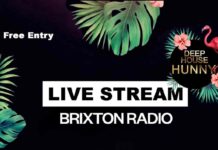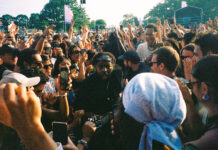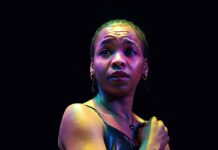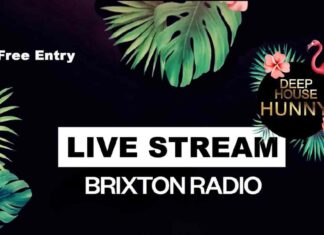Music editor Dave Randall on lockdown’s effect on local music
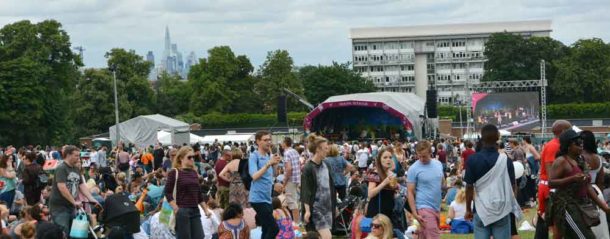
This weekend we should have been kicking back with a pint of Chucklehead cider listening to a reggae legend or two at the Lambeth Country Show. Instead we find ourselves trying to collectively navigate the ever-changing government advice for staying safe during a pandemic.
In February, I wrote that music is the lifeblood of our unique area. Within weeks its flow had been stymied by Covid-19, condemning 2020 to become the worst year in living memory for live music lovers and those who rely on the industry.
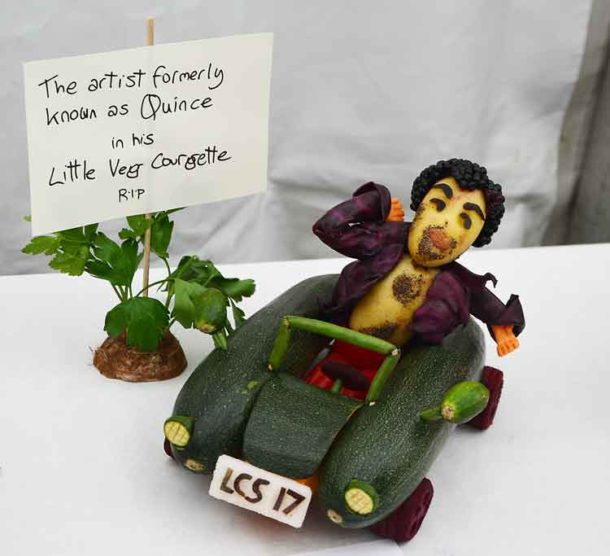
There have been some silver-linings as artists set up live streams, remote collaborations and lockdown videos – indeed there will be a virtual Lambeth Country Show, ensuring that we all get a glimpse of this year’s prize-winning vegetable sculptures.
South London’s artists have also continued to record and release new music – notably in recent weeks the infectious indie pop of Habit by Mellah, the jazzy hip hop of 2B3 by Shadez The Misfit and the eclectic electronic sounds of Bread & Butterflies – the new album from the South London collective Slovo (with whom I proudly declare a personal involvement).
But it has certainly been a difficult time for our beloved local music venues. Some have secured support from government grants, Lambeth council’s fund for cultural organisations and crowdfunding campaigns.
It’s encouraging to see many re-opening with new social distancing policies in place. Following a successful crowdfunding campaign the Hootananny announced:
“A massive thank you for supporting Hootananny’s Crowdfunder and helping us to raise a huge £18,140! The support we have received from our community is so heartwarming and the comments in support of the venue have been so nice to read. Hoots feels very loved, and we want you to know we really appreciate your support during these difficult times. 891 of you donated, and having that many people helping out is truly a wonderful thing to see! We are feeling excited about the future and are determined to get through this year and come back stronger than ever. Hoots is open again as a social distance pub and we would love to see you down here sometime soon!”
Others are also re-opening with new social distancing policies in place. JAMM has been rebranded as The Brixton Courtyard, drawing attention to its newly refurbished outdoor spaces in which tables can be booked and evenings enjoyed listening to an impressive roster of DJs.
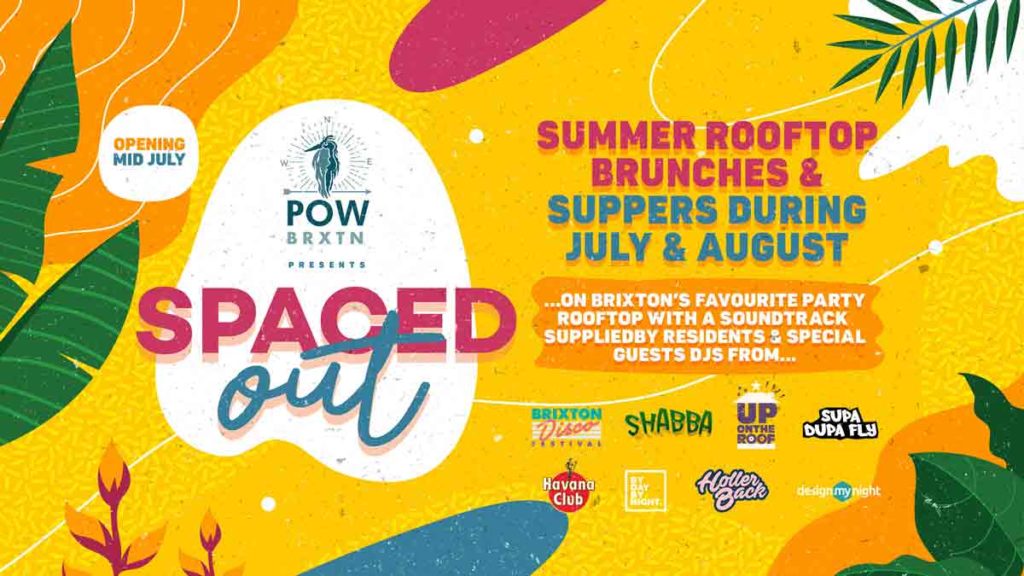
POW, The Windmill and Pop Brixton have also opened their doors for socially distanced drinks and DJs. Promising stuff, but live music remains largely off-limits, and life for many venues, promoters, musicians and related events staff remains precarious. As the #LetTheMusicPlay campaign, launched on 2 July, notes:
• The core live music industry stands to lose at least £900m if it remains closed for the rest of 2020.
• An estimated 30-50% of the live music industry’s workforce are facing unemployment.
• 90% of grassroots music venues are under threat of closure. We are supporting the Music Venue Trust’s call for a £50 million cash injection to ensure vital parts of the music industry do not go out of business.
• Musicians earn an average of £23,000 a year, well below the national average. Their income is under further threat due to the cancellation of live music because performances represent a major of income for musicians, composers and songwriters.
We at the Brixton Blog urge support for every responsible attempt to mitigate these troubling facts, and to ensure that Brixton’s uniquely vibrant live music scene returns in full as soon as is safe.
Dave Randall is a musician and author of Sound System: The Political Power of Music

